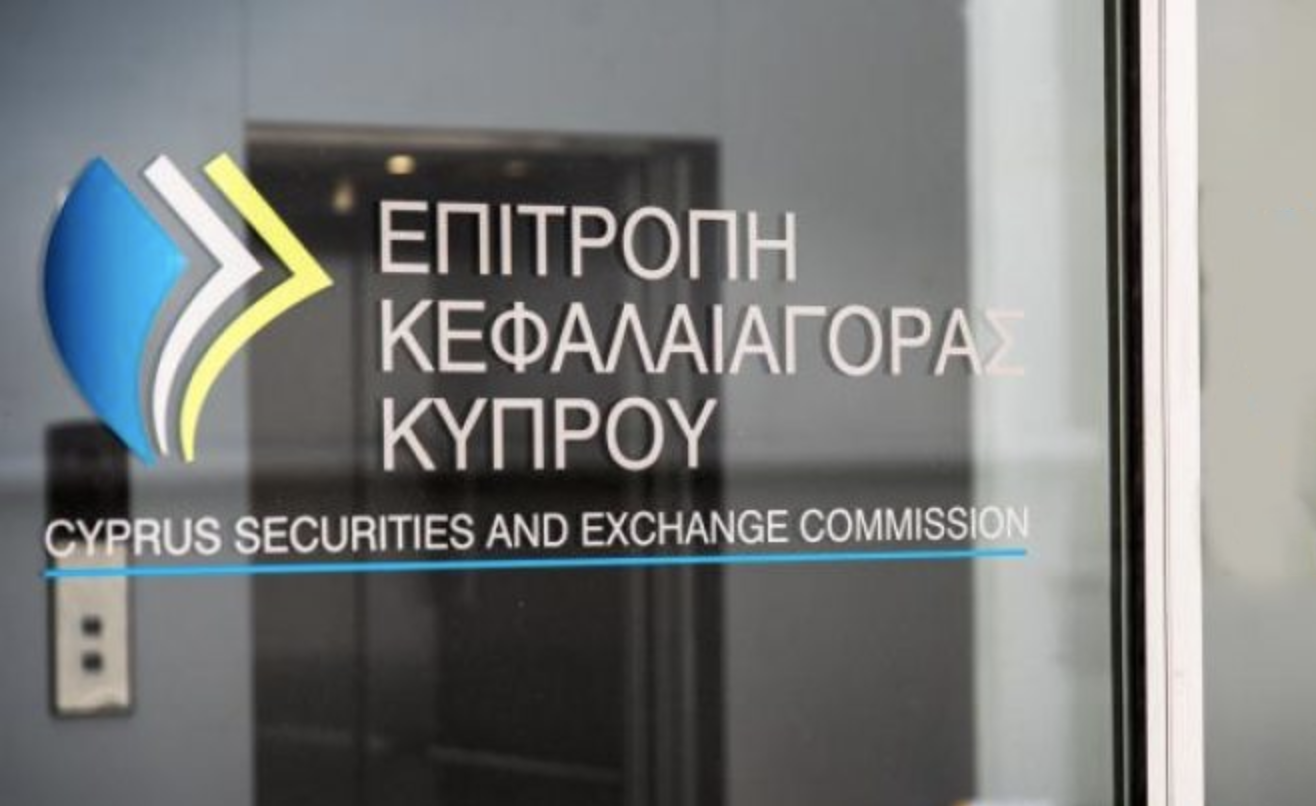Key Insights
- Cyprus Securities and Exchange Commission (CySEC) issues guidance on fractional share trading.
- Circular addresses trust arrangements for fractional beneficial ownership of shares and related regulatory implications.
- CIFs must provide clear information to clients and ensure proper documentation of trust arrangements.
NICOSIA (MarketsXplora) – The Cyprus Securities and Exchange Commission (CySEC) has released a new circular providing guidance on fractional share trading, a practice that has gained popularity among CFD brokers.
The circular addresses cases where fractional exposure to shares would qualify as exposure in Shares under MiFID II regulations. It comes as fractional share trading has emerged as a marketing tool for brokers, allowing retail investors to gain exposure to high-priced stocks like Meta, Apple, and Tesla with smaller investment amounts.
CySEC Clarifies Rules on Fractional Share Trading
CySEC’s guidance focuses on two main scenarios: investments under trust arrangements resulting in fractional beneficial ownership of Shares, and investments in financial instruments tracking share performance.
The regulator clarified that Cyprus Investment Firms (CIFs) enabling fractional investments in shares through trust arrangements fall under the scope of this circular. However, it excludes fractions of shares created by corporate actions or issued in fractional form under applicable corporate laws.
Under Cypriot law, a trust arrangement for fractional beneficial ownership can be established with the CIF acting as a trustee. This creates a fiduciary relationship where shares are legally owned by the CIF but beneficially owned by clients in proportion to their agreed fractional exposure.
CySEC emphasized that such arrangements must comply with rules governing the holding of client financial instruments. The trust arrangement should be documented in writing, with client ownership reflected in the CIF’s records.
The circular stipulates that all rights emanating from the shares, including voting rights, dividend distribution, and transferability, should be proportionately conferred to clients based on their beneficial entitlement.
CIFs are required to provide clear, accurate, and non-misleading information to clients about these financial instruments. Importantly, arrangements that do not constitute trust arrangements must not be presented or treated as Shares.
The provision of investment services in shares held under trust arrangements entails regulatory implications, including the share trading obligation under MiFIR and obligations related to Systematic Internalisers.


